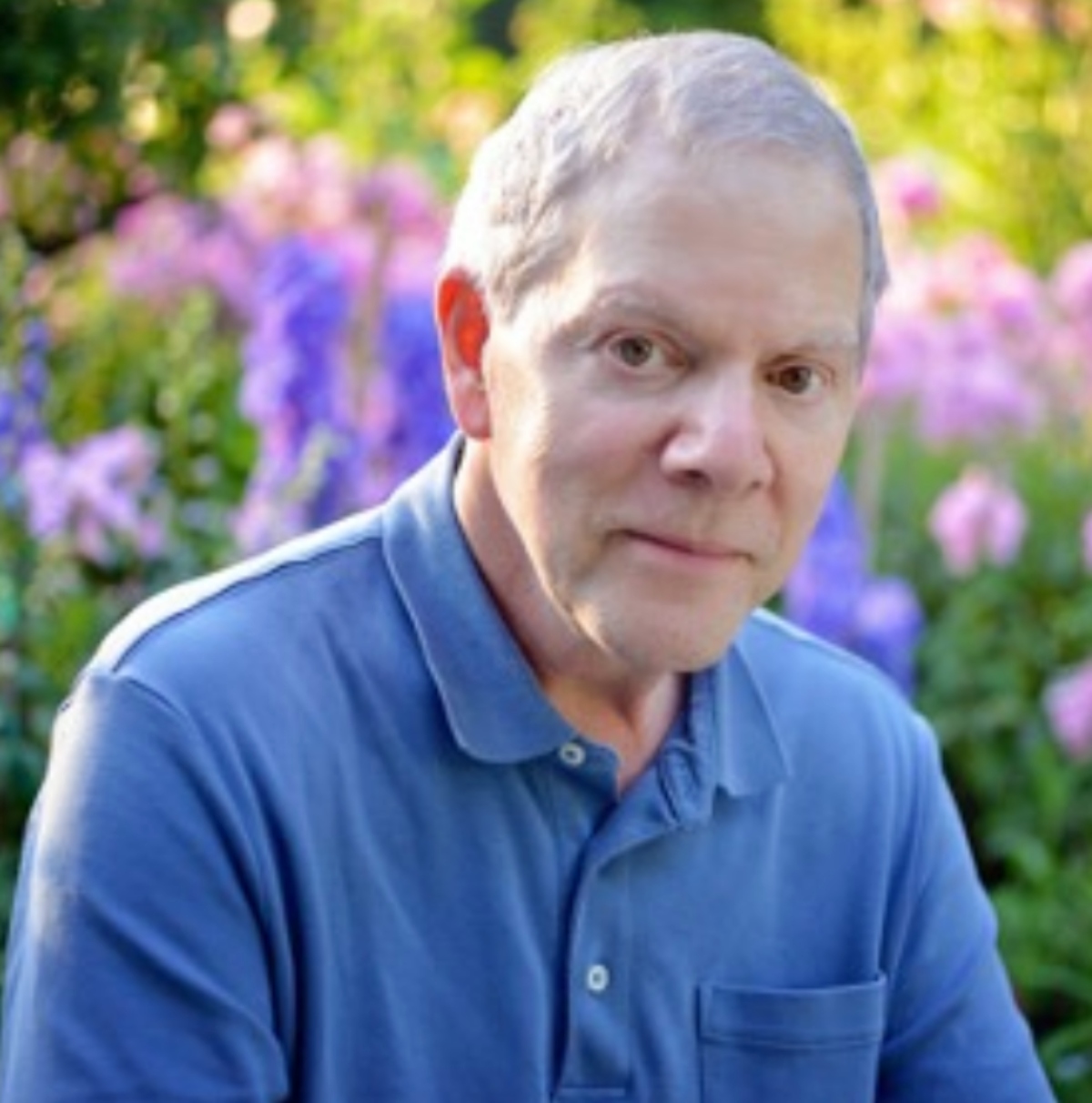Can we trust God? It's a big question that we have to wrestle with in this temporal arena. Consider Hebrews 11:1:
"Faith is the assurance of things hoped for, the conviction of things not seen."
Think about that for a moment. Surely, it takes a tremendous amount of risk to treasure the unseen over the scene and the not yet over the now. Some may be tempted to see this as an invitation to blind faith. But the heart cannot rejoice in what the mind rejects. To engage in a holistic pursuit of God—one that joins head and heart—, we need to recognize that our faith is founded on fact, that it's based upon the historical resurrection of Jesus from the dead and His fulfillment of messianic prophecies.
Two rival value systems compete for our allegiance and for our attention. One of those value systems is a temporal value system. The other is an eternal value system. A temporal value system tells us to pursue pleasure. It tells us to pursue wealth, status, and power. The temporal system values these pursuits because they are visible, tangible, and material. They yield a set of metrics that mislead us into believing we’re in control of our lives.
A biblical perspective, however, gives us an eternal value system. If we take an eternal perspective, knowing God is the greatest pleasure. At first blush, this may seem to be a rather weak reward compared to the enticements of wealth, status, and power. Stop and think it through, though, and we quickly realize that when temporal pursuits are seen as ends in themselves, they only lead to deep restlessness. We are perpetually unfulfilled by them.
In sharp contrast, Scripture instructs us to treasure the things that are not seen. How do we do that? I believe that our presuppositions about life will shape our entire perspective. Francis Schaeffer wrote a book called The God Who Is There, which he then followed with He Is There and He Is Not Silent. That's not a bad way of summarizing my two basic presuppositions in life, namely, that God is, in fact, present in our day-to-day lives. The wellspring of all creation is never absent from our lives. But he's also one who decisively communicated with us. The clearest revelation is the incarnation of His son. If this is so, what are the implications for our basic assumptions about life? If I truly believe that God is there and that He’s not silent, then I will treasure the eternal over the temporal.
In the end, Christ is in the process of preparing us for our eternal citizenship in Heaven. We're living here for there. We can call this a kingdom mentality. But we must recognize that the truths of Scripture are counter-cultural. They're going to be counterintuitive. It's going to go against the grain of this temporal existence. Bear in mind what Jesus said in Luke 16, "That which is highly esteemed among men is despised in the sight of God." It's a terrifying verse because it means that a person could give their one life in exchange for what God says is worthless.
We don't want to come to the end of a journey and realize we’ve devoted our lives to dust. Consider an analogy of life as a brief stay in a hotel. In that sense, we’re living out of suitcases. If we’re thinking responsibly, we won’t worry too much about the interior design of our hotel room because we recognize its transitory nature.
In other words, we are called to focus on those things that will endure, those things which will last. At present, we have no memories of Heaven. Yet God gives us hints of home in this life and gives us enough hints to suggest then that there are hopes and purposes for our lives that really do matter. I use these shafts. Think about C. S. Lewis in one of his last books, Letters to Malcolm. In this book, he uses the metaphor of going into the woods on a bright sunny day. The forest is so thick that, though the sun is shining, you can't see it directly. However, it's indirectly manifested by shafts of light that pierce through the dense foliage and illuminate your pathway.
I believe that God gives us those shafts of heavenly light. They come in the form of beauty, intimacy, and adventure. Something so beautiful your heart overflows. You want to share it with someone. Regarding intimacy, consider the greatest connection you've ever had with another human being. Or think of the most existing adventure you’ve ever experienced. Those are not the things themselves, but they're hints of a greater good. Those are shafts that point beyond themselves to something we cannot yet see.
As I look back on my own life journey and my own sojourn all these years, I can tell you this with clarity: I have never regretted an act of obedience to God. I may have resisted, but I've never regretted when I've chosen to obey him. But I've always consistently come to regret acts of disobedience, so it should be a no-brainer when I'm tempted to do something. Yet, at this time, it's very possible that I could shoot myself in the foot. Obedience always is for our good. What He asks us to do causes us to flourish. Trust Him because He loves you enough to pursue what is best for you.
If my perspective shapes my priorities, you could also add that our priorities affect our practice. If I truly embrace these thoughts, then it will have a bearing on my practice. When I want to know what a person's true priorities are, I ask them, "How do you spend your time, and how do you spend your money?" That will reveal it. Many times, people have a good word about their priorities, but actually, their practice belies them. The way you spend your time, your assets in this world, and the way you spend your resources in this world points to what your heart is treasuring. My desire is for us to be people who live with eternity in view. As a friend of mine put it, "Write your obituary now and see if it'll play well in Heaven," an interesting idea.
Photo Credit: ©GettyImages/Bohdan Bevz

Kenneth Boa equips people to love well (being), learn well (knowing), and live well (doing). He is a writer, teacher, speaker, and mentor and is the President of Reflections Ministries, The Museum of Created Beauty, and Trinity House Publishers.
Publications by Dr. Boa include Conformed to His Image, Handbook to Prayer, Handbook to Leadership, Faith Has Its Reasons, Rewriting Your Broken Story, Life in the Presence of God, Leverage, and Recalibrate Your Life.
Dr. Boa holds a B.S. from Case Institute of Technology, a Th.M. from Dallas Theological Seminary, a Ph.D. from New York University, and a D.Phil. from the University of Oxford in England.




